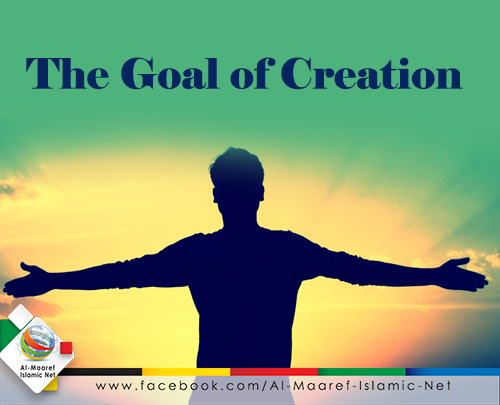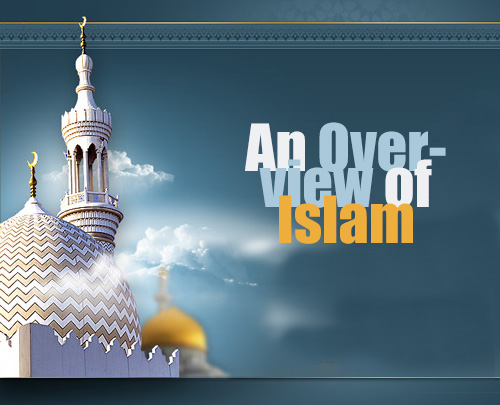God's Exclusive Obedience And Worship
So far we understood that monotheism is not only a philosophical concept, but a belief on which man's social and individual life should be based. Some of the general articles of the Monotheistic Resolution in the Qur'an are as follows:
According to the principle of monotheism, human beings do not have the right to worship or obey any person or anything except God. On this basis, all the sufferings and oppressions which have been imposed on mankind by false gods throughout history have been devoid of any true justification. This general statement includes idols, gods, tyrants and finally the inclinations of the carnal soul. The following verses which are about false gods-whether mankind or other things- clarify the general pattern of this aspect of monotheism.
"And the day We shall muster them all, then We shall say to those who associate other gods with God: 'Get you to your place, you and your associates. Then We shall set a space between them, and their associates will say, 'Not us you were serving God is a sufficient witness between us and you; assuredly we were heedless of your service.' There every soul shall prove its past deeds; and they shall be restored to God, their Protector, the true, and there shall go astray from them that they were forging.
Say: ﴾Who provides you out of heaven and earth, or who possesses hearing and sight, and who brings forth the living from the dead and brings forth the dead from the living, and who directs the affair?' They will surely say, 'God.' Then say: 'Will you not be god fearing?'(10:28-31)﴿
﴾Say: 'Is there any of your associates who guides to the truth?' Say, 'God-He guides to the truth; and which is worthier to be followed-He who guides to the truth, or he who guides not unless he is guided? What then ails you, how you judge?'(10:35)﴿
It is clear that to guide and be guided is a quality which man deserves. Thus, the above verse is about those men who proclaim themselves as gods or consider themselves to be the partners of God and oblige other people to obey them as slaves. Islam negates the servitude to the pretended gods, being them religious powers (monks) or political and economic powers (tyrants, nobles and rich men).
In a verse of the Qur'an, Islam offers the following suggestion to the people of the Book:
﴾Say: 'People of the Book come now to a word common between us and you, that we serve none but God, and that we associate not, aught with Him, and do not some of us take others as Lords, apart from God.' And if they turn their backs, say: 'Bear witness that we are Muslims.'(3-64)﴿
However, the Qur'an considers people's obedience to the true believers as an obedience to God, and in a few verses it introduces the executive powers of the Islamic community (the Prophet and those who are in authority i.e. Olimar.)(1)
* THE GENERAL PATTERN OF ISLAMIC THOUGHT IN THE QUR'AN. By: SAYYED ALI KHAMENEI. Translated by: Alireza Anoushiravan




















